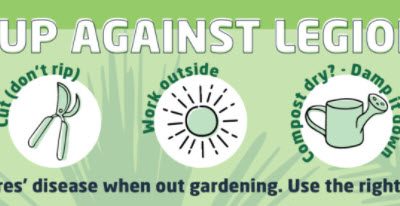Whether the going is good or times are tough, research has shown that five key actions can make a real difference to... read more about Add five ways to wellbeing into your day»
I'm not well, where do I go?
Self Care
Grazed knee, light cough, go to healthinfo.co.nz
Pharmacy
Diarrhoea, runny nose, hayfever, sore throat
Phone Advice 24/7
Unwell? Call your practice to talk to a nurse after hours
General Practice
Non-urgent health concerns, ear pain, fever
Hospital Emergency
Serious accidents, chest pains, stroke call 111





